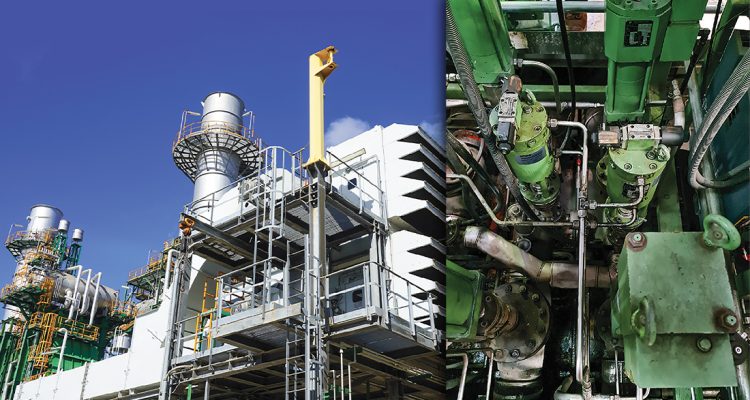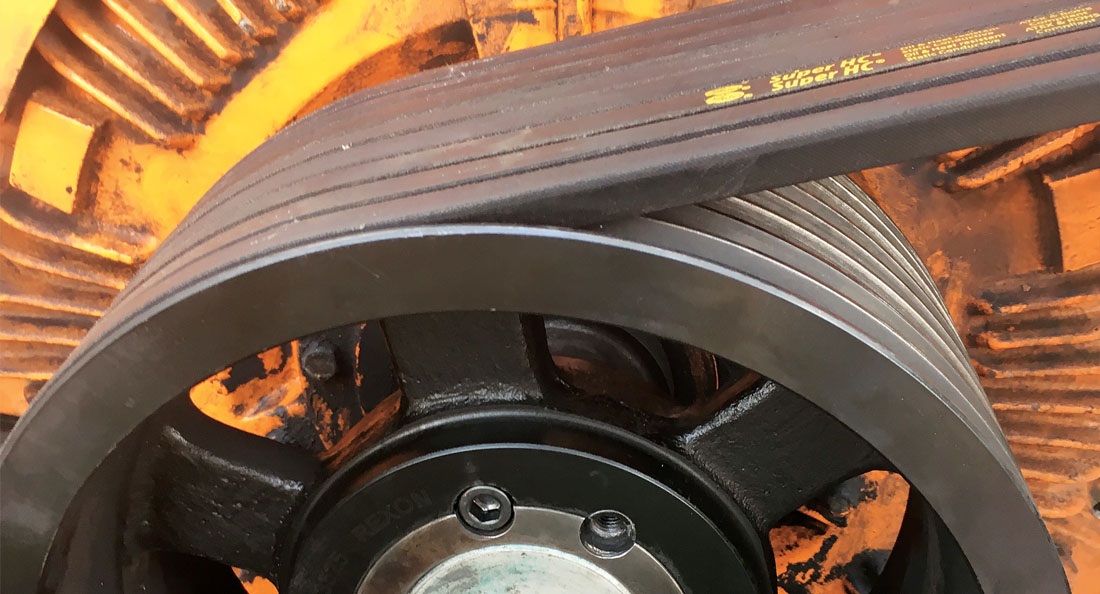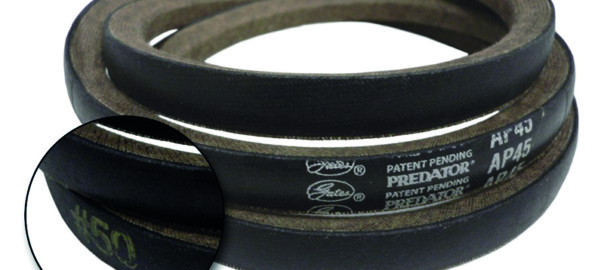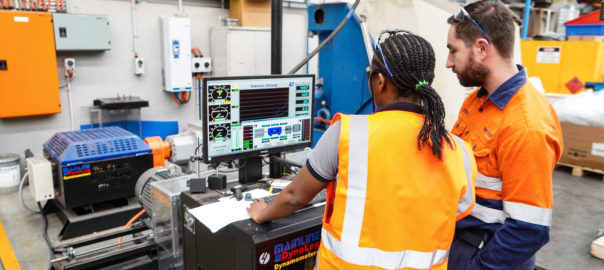Keep the turbine spinning – and keep producing. That’s the theory and generally it’s also the practice. But when the turbine stops, output stops, and getting the turbine running again becomes a critical priority.
Turbines are typically so reliable they almost get taken for granted. They are a vital power source, but they do stop. It could be one of the control valves – such as fuel feed or lubrication oil – that fails and brings about the stoppage.
Although manufactured to strict tolerances and to perform in the challenging environment that is a turbine, valves do wear and fail over time. Failures can range from inconvenient – which could see the turbine down for just a few hours – to a catastrophic overspeed event where the turbine is destroyed and, in some cases, cause damage to adjacent infrastructure.
A study in the US found that one of the leading causes of major steam turbine failure is an overspeed event. Of these failures, 70 per cent resulted from valves failing to close. Failures of the main steam stop or throttle valve to close accounted for 50 per cent of these destructive events, while the failure of an extraction valve to close accounted for the remaining 20 per cent.
World-class products
As part of the expanded turbine valve service program, CMA has partnered with Voith, acknowledged as a world leader in the design and manufacture of control systems and technology for the power generation market.
Access to Voith’s comprehensive suite of valves and actuators for steam, gas or oil-fired turbines is giving CMA an edge in valve repair, rebuilds and upgrades. One of the Voith components attracting a lot of attention is the oil-free electro-mechanical actuator. Offering a compact, cost-effective drive solution along with dynamic, precise and stable control, this actuator is ideal for retrofitting in virtually any turbine control system.
Well-planned program
The CMA turbine valve program is designed to meet the planned maintenance needs of turbine valves and components – including I/H converters, Way valves and Servo motors – along with providing quick turnaround when required on time-critical jobs. The company has developed a successful workshop servicing program – or site-based program for insitu servicing – that accurately identifies the work required to return the component to full operational capability.
Given the challenging operating environment around a turbine, regular inspections are vital to ensure component parts are not damaged and safe to work. Many of the valves are important to a turbine’s operation fit into a planned maintenance program and, generally after 24,000 hours operation, these components are removed from service and sent to CMA for a ‘zero hour’ rebuild, which sees the component rebuilt to OEM specifications.
Comprehensive receiving test
A zero hour rebuild generally consists of replacing the wear components in the valve, but occasionally additional work has been identified by the RCA (Root Cause Analysis) test all turbine valves that come into CMA. As a general rule, customers will maintain their own inspection regimes and follow the guidelines around valve servicing. When considered timely, valves will be removed from service and sent to the workshop for necessary rebuild and/or repair. Irrespective of where a valve has come from, CMA will complete a receiving test – an RCA – to test the functionality and any leakage from the valve before any work is undertaken.
If the valve passes the RCA test it will go onto the bench for whatever work is required. If the RCA exposes issues other than what was planned, a report will be sent to the customer, advising the condition of the valve and the additional work required to complete a zero rebuild. Now considered part of the service package by customers, the RCA undertaken in the CMA workshop is acknowledged as having saved time, money and potential disruption or breakdown to turbines and associated infrastructure.
Evolution
The CMA turbine valve program is continually evolving and improving to keep pace with the dynamic demands of industry. Turbines and components are evolving to deliver improved performance, efficiency and reliability. These goals are also inherent in the CMA program.




